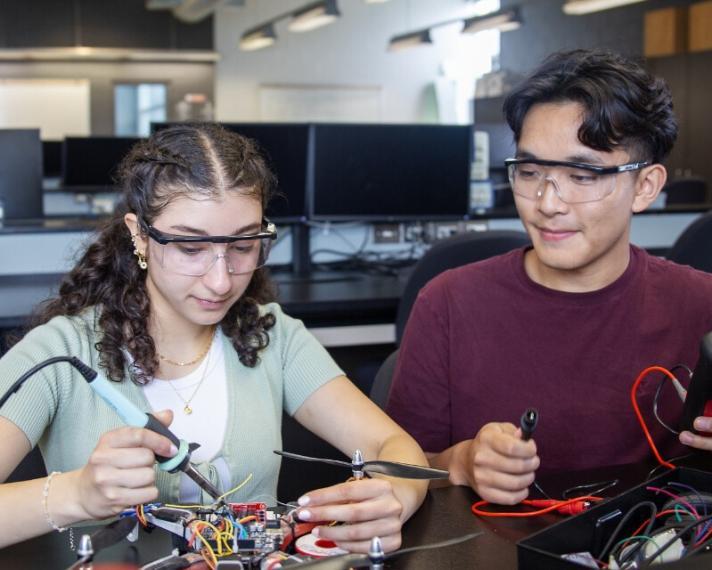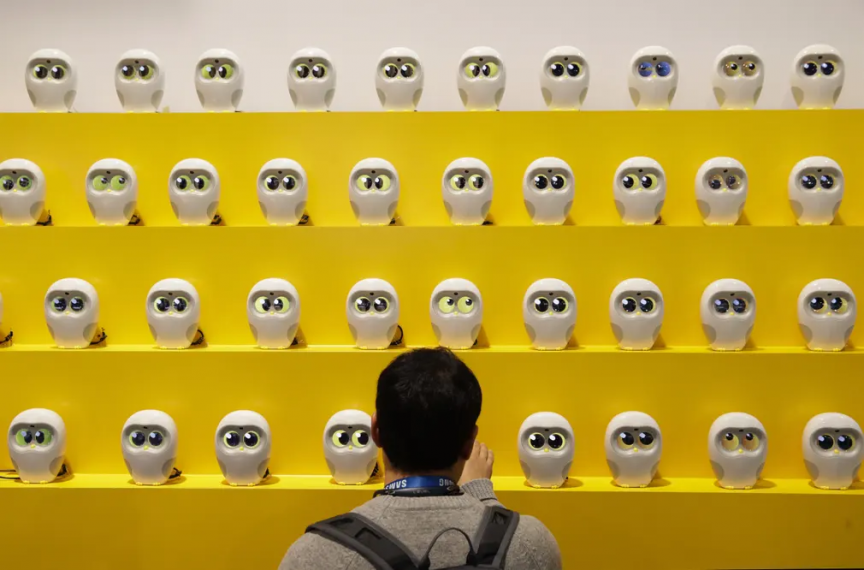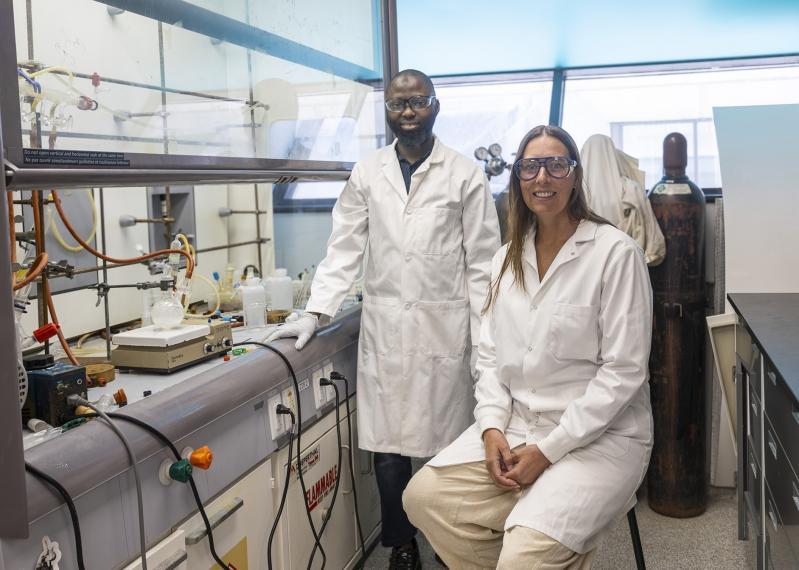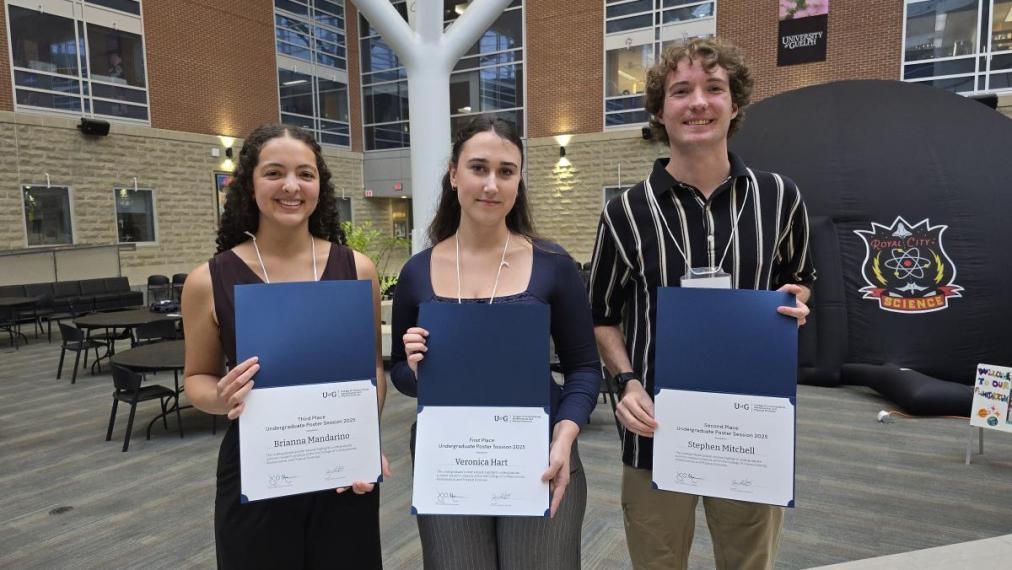Celebrating a New Chapter: CCMPS Launch
Faculty, staff, students and friends of the University of Guelph gathered in Waasamowin to celebrate the official launch of the College of Computational, Mathematical, and Physical Sciences on October 16, 2025. The event marked a significant milestone for the university — a moment to recognize the college’s deep disciplinary roots and to look ahead to new opportunities for collaboration, innovation, and impact.



